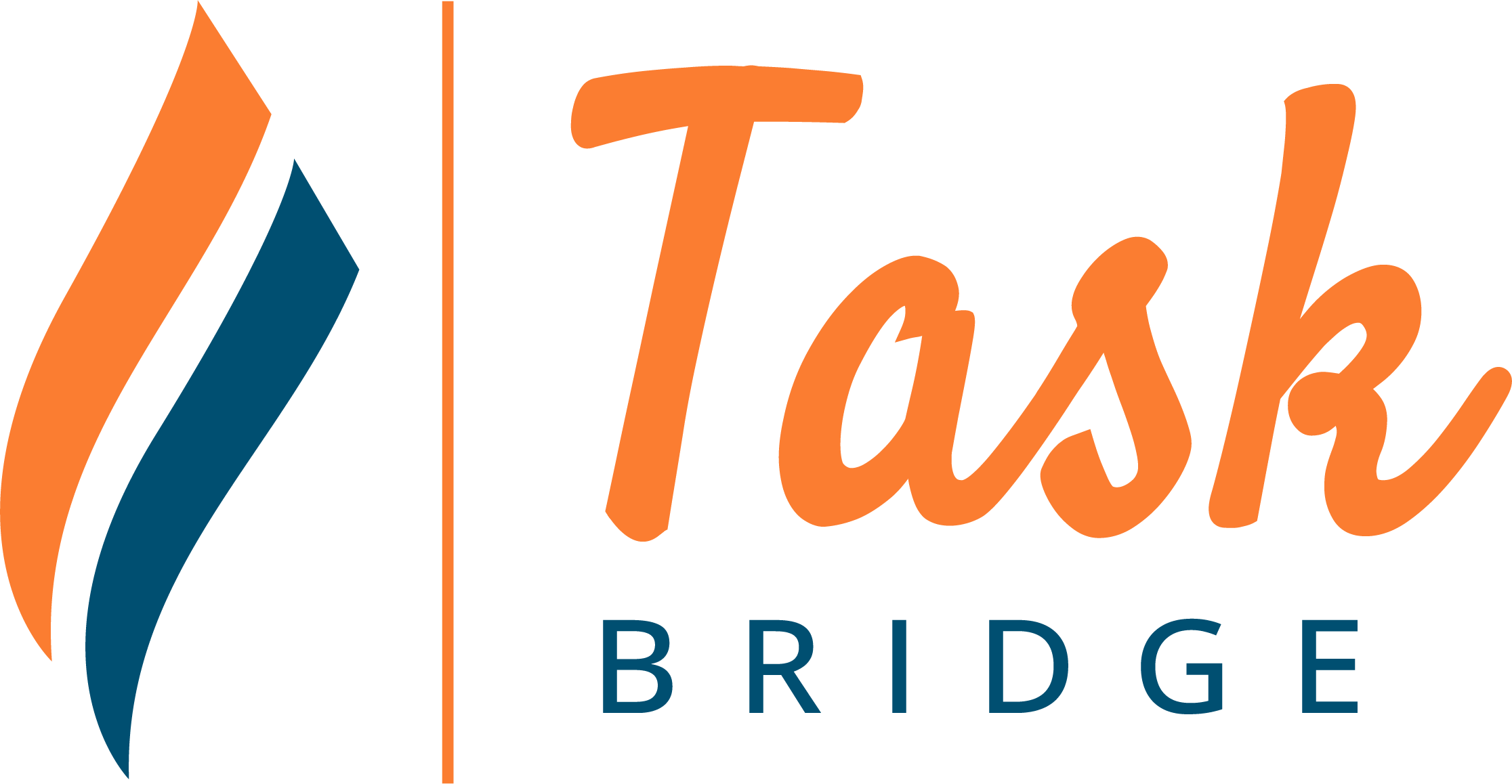The economic implications of sales tax reform are twofold. While it can increase government revenue and support public service delivery, it may also raise the cost of goods, burden consumers, and impact small businesses operating in the informal sector. Ensuring equitable tax enforcement across regions and coordinating federal and state-level taxation policies remain critical concerns.
To address these challenges, the paper proposes a phased and well-coordinated implementation approach, emphasizing digital tax infrastructure, tax harmonization, public awareness campaigns, and enhanced compliance measures. By fostering transparency, efficiency, and stakeholder engagement, Somalia can leverage sales tax as a sustainable fiscal tool while mitigating economic disruptions and strengthening long-term revenue collection.





